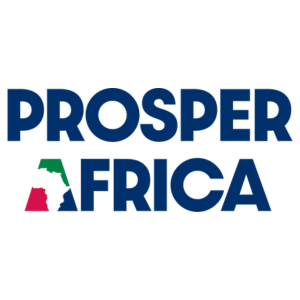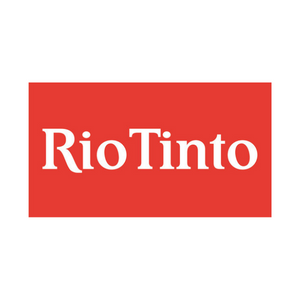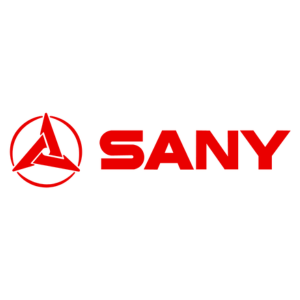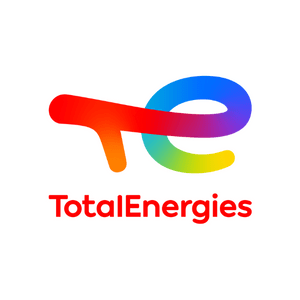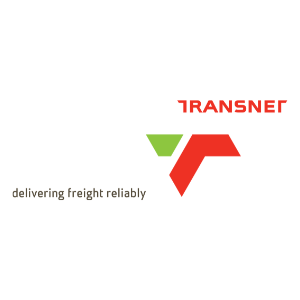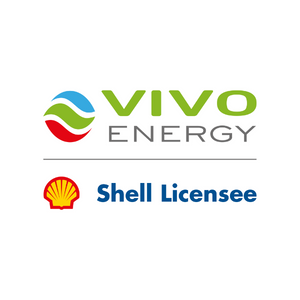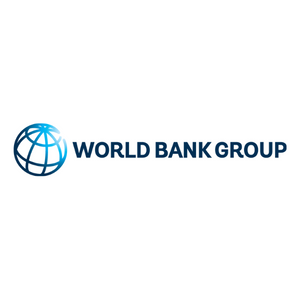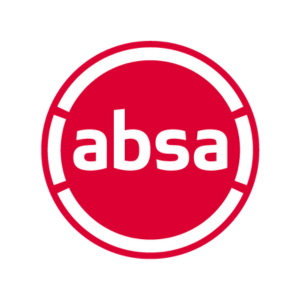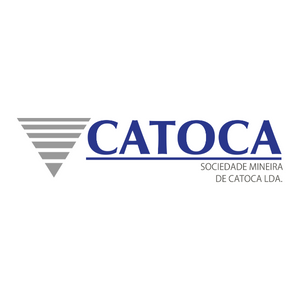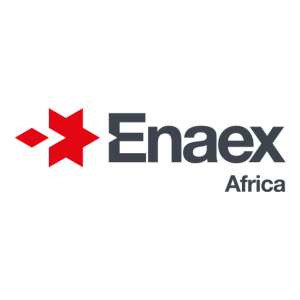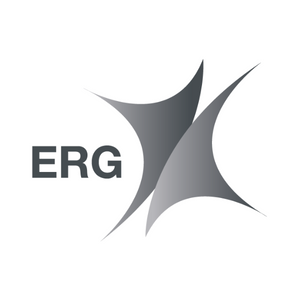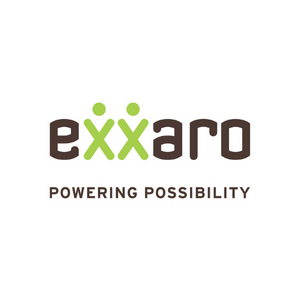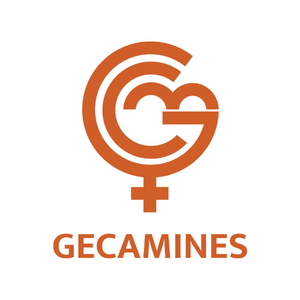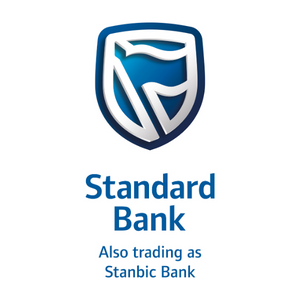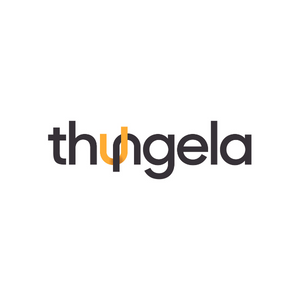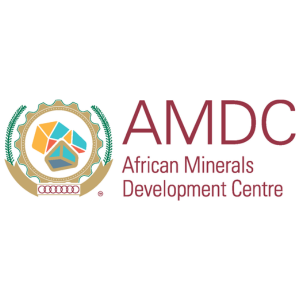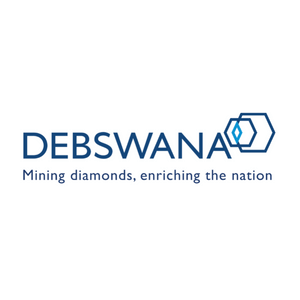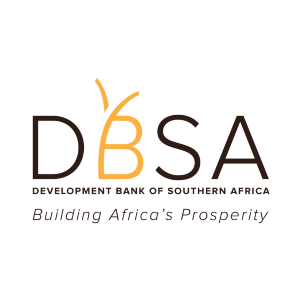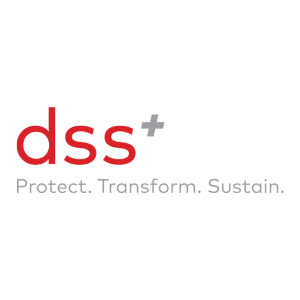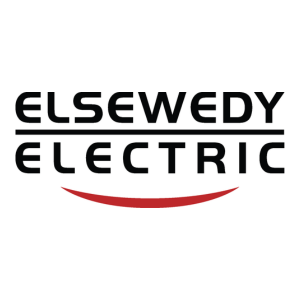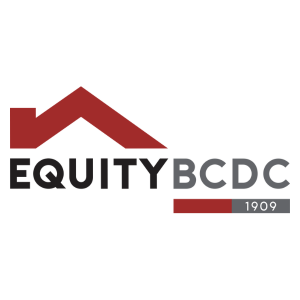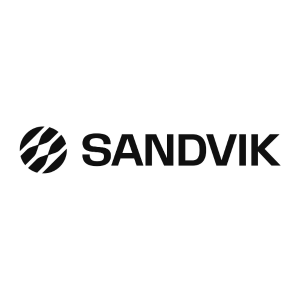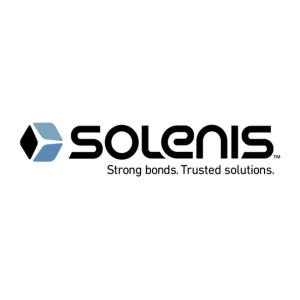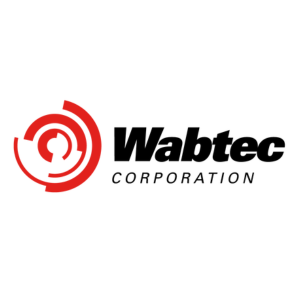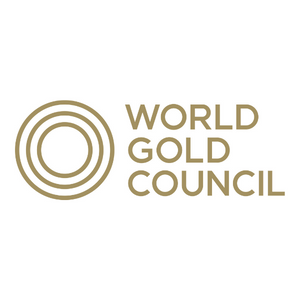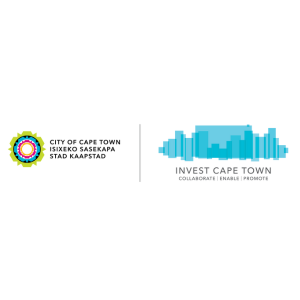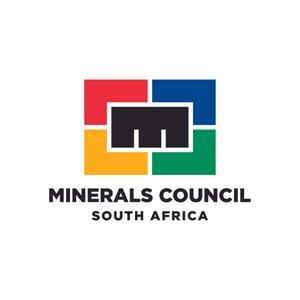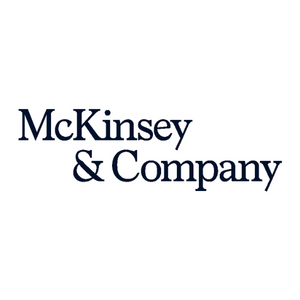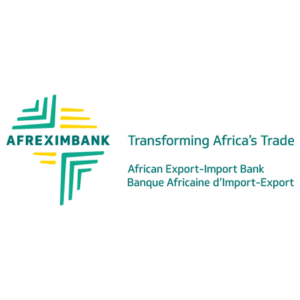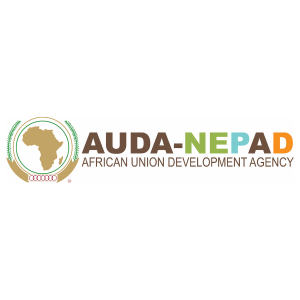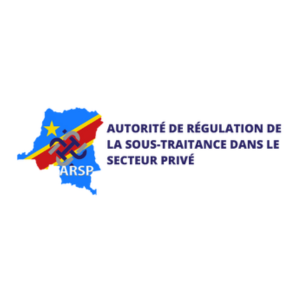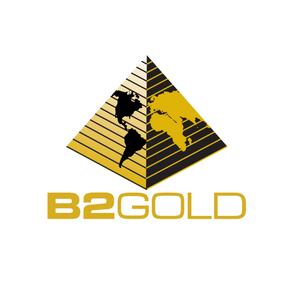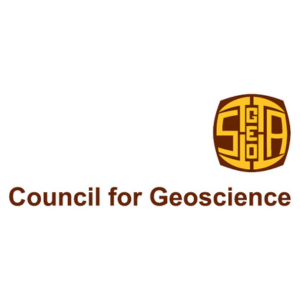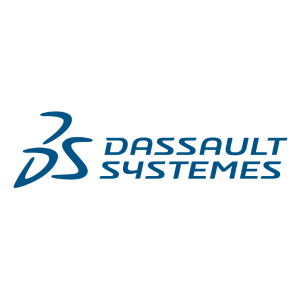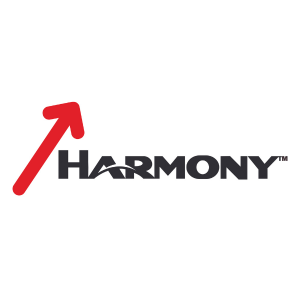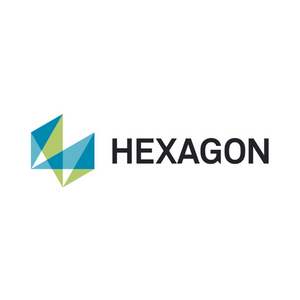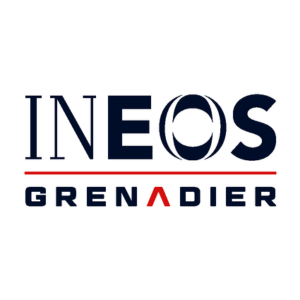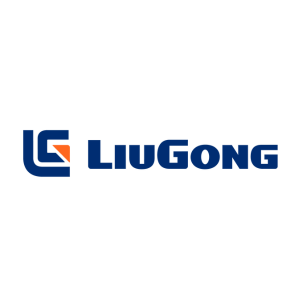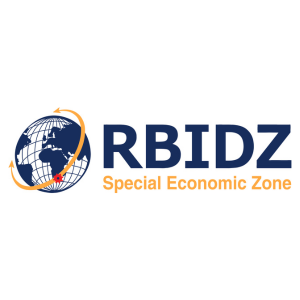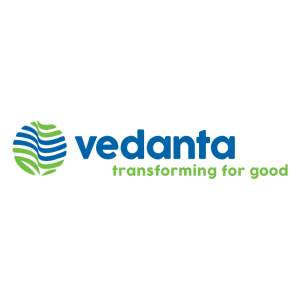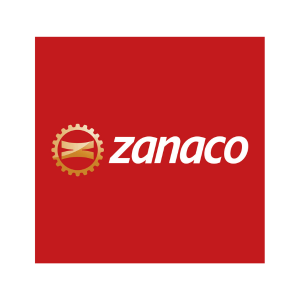An exclusive interview with Estelle Levin-Nally
|
Estelle Levin-Nally, Founder and CEO of Levin Sources sat down with us to discuss all things ESG and what that means for the Mining Industry. |
 |
Estelle is an internationally recognised leader in sustainability and responsible sourcing of minerals. She regularly speaks at or moderates high profile events, conferences and webinars. She serves on multiple boards and committees of organisations and initiatives seeking to advance the sustainable production and consumption of raw materials, with a focus on human rights, environmental management and SME inclusion especially artisanal and small-scale miners and small jewellers.
Why do you think ESG is so important in the industry?
Mining has huge impacts – positive and negative – on people and nature. For a long time, it has not been possible to achieve the social licence to operate without putting in place proper risk controls to manage environmental, social and governance risks. Increasingly, market nations and investors are mandating for supply chain due diligence that sets performance expectations in responsible business conduct, including ESG risk management, by upstream businesses. When miners can approach ESG beyond a defensive posture, and really embrace what this way of thinking and doing has to offer – how we impact the world and how it impacts us – then they can ensure they not only build more resilient, investable, and marketable businesses, but can more easily guarantee and maximise the socio-economic dividend and positive legacy mining should offer host nations. But more than anything, the mining sector is responsible for 7% of deforestation in tropical and sub-tropical regions, 4-7% of GHG emissions globally, and a host of human rights violations; it has a responsibility to change, and a huge role to play in creating, worsening or alternatively mitigating and ameliorating global challenges, which affect all of us, our children, and the other species with whom we share the planet. Companies that care about ESG are not only serving their investors, workforce, and communities better; they are choosing to be better ancestors to future generations.
How can the industry navigate the ESG agenda?
Here, the board’s role is key: they must be committed to the implementation of ESG risk management and opportunity capture. Too often I’ve worked with companies where the sustainability director is under-resourced and not taken seriously enough in a boardroom full of accountants and lawyers. It can be hard for people with quantitative training to appreciate the political, social and environmental truths that ESG forces us to confront. So one way to navigate the ESG agenda is to elevate these alternative voices – social scientists; diversity, including & belonging professionals; ecologists; sustainability practitioners – and resource them well. Navigating ESG also means putting in place the right structures and processes to first know and understand your risks and impacts on people and the environment; to then prevent, minimise, and mitigate these; to track effectiveness and be transparent about your performance; and to remedy harms that you create and capture opportunities for positive impact when you can. Pursuing an Environmental and Human Rights Due Diligence framework can do much to help manage ESG issues.
What do you think the industry’s focus should be when it comes to ESG?
ESG is generally understood to be about the minimisation of harm to third parties, through which one can control risk to the business. This is what I call the defensive posture. But the assertive posture considers opportunity capture too. For example, I am advising a battery manufacturer who is getting positioned to source from a mine operating in a high-risk geography. They aren’t just doing due diligence on the miner’s ESG performance. They are actively seeking out opportunities to leverage their own assets and unique capabilities to support the miner, and other stakeholders in the region, to capture the sustainable development opportunity that the mineral extraction and trade can bring. Through this, they can secure a progressive and leadership market position, and can also be comfortable that the business they are doing is not wasting opportunities for people.
How can events such as Mining Indaba help in making change in this area?
Mining Indaba is a fantastic opportunity for learning and opportunity capture by people involved in all aspects of the industry. By bringing people together from all over the world, to explore and debate the state of mining, infrastructure and investment in Africa we can spark new ideas, learn from experiences, forge new alliances, and expedite progress. A lot of the magic happens on stage, of course, but much happens off stage too in the corridors, convenings and cocktail hours where ideas flow, relationships are built, and alignment and conviction for action forged.
What would you say to people that don’t consider ESG strategies as a priority?
If you don’t invest in your ESG strategies today, you will pay for it tomorrow – both in actual resourcing terms and with social capital. With the United Nations Guiding Principles (UNGPs) being integrated into more and more legislations, companies will eventually need to develop their ESG strategies anyway. It’s better and more cost-effective to do it now and get ahead of the curve than when it becomes compulsory. It’s a rewarding journey too, which we see with the clients we advise as they start their ESG strategy: some actions will have a positive impact on people and the environment quite quickly.
What does driving the ESG agenda mean for the industry?
The anti-mining lobby is growing. Mined minerals are competing with recycled and more circular minerals and materials in markets where people are prioritising products with lower adverse ESG impacts and that offer a sustainability dividend. In these markets, mining needs to prove that it too can be circular and deliver sustainable development and this means integrating ESG all along the mining life cycle and the minerals value chain. Of course, some minerals are or will be in such high demand to drive the energy and digital transitions that industry may feel they can compete regardless of their ESG performance. I would caution against such complacency as larger markets like the EU and US are now privileging more sustainable provenances through laws like the EC Corporate Sustainability Due Diligence Directive and EU Critical Minerals Directive. Mines that want to service these markets need to respect human rights, conduct business responsibly and build ecodesign into their processes.
Practically speaking, driving the ESG agenda means putting human rights and the rights of nature at the heart of your strategy. Be authentic and don’t green-wash; this is not a bandwagon one must simply be seen to jump on. So do your ‘ESG’ with intention, evaluate performance, be honest and proportionate in your communications and focus on continuous improvement. Collaborate with others, recognising when you have sole, lead or support responsibility, and know what your agency is. Do not be shy to innovate and use your leverage creatively, and certainly hold your government partners to account – strengthening democracy and state institutions is imperative to achieving sustainable development.
Ultimately, to drive the ESG agenda miners and investors must put it at the heart of their value proposition. Controlling risk and opportunity capture has always been at the heart of corporate governance; what’s in scope has just expanded, but the dividends for business – and society and the environment – may be even more tremendous as a result.
Mining Indaba is the world's largest mining investment event. Find out who you could be meet by downloading the companies attending list here.
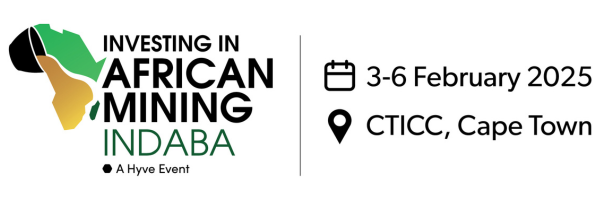
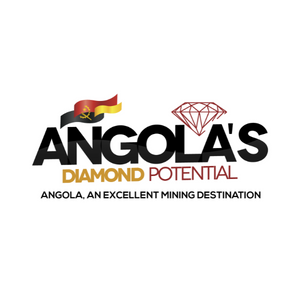

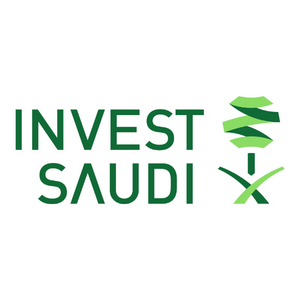
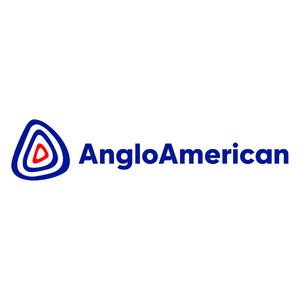
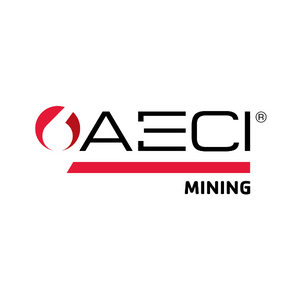
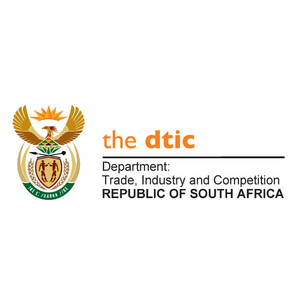
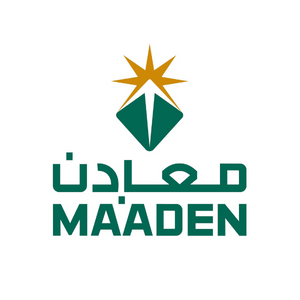
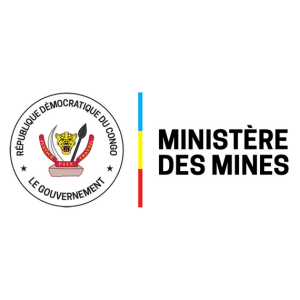
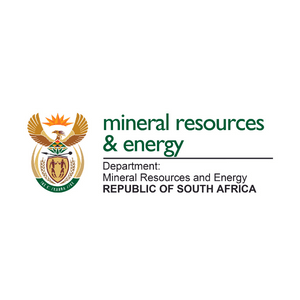
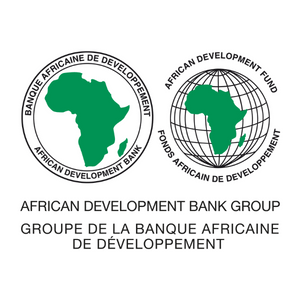
-min.png?ext=.png)

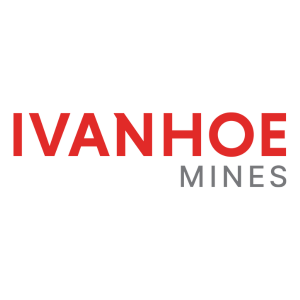
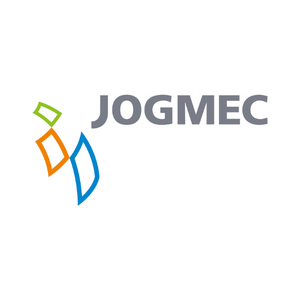

_1.png?ext=.png)

